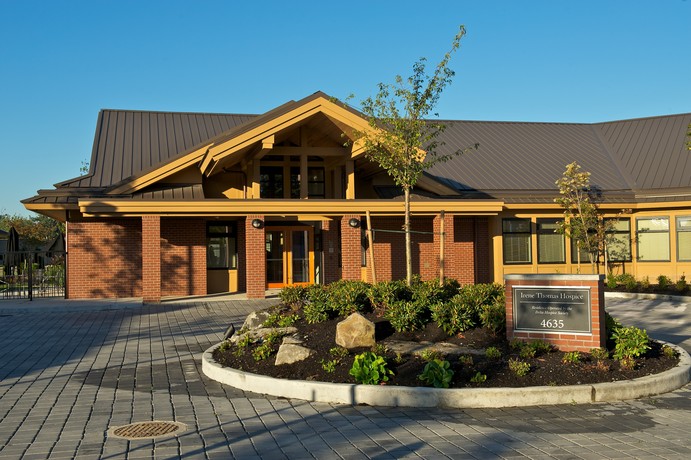In a case that puts assisted suicide front and centre, B.C.’s Delta Hospice Society is considering taking its case to determine its membership to the Supreme Court of Canada after a dismissal by the provincial Court of Appeal.
In a Nov. 13 statement following the appeal court ruling, the society’s board of directors said “while respecting the authority of the court, our next step must be to seriously consider appealing.”
The board said it will be meeting with its legal team “immediately to exhaustively explore all possibilities for appeal.”
In June, the B.C. Supreme Court ruled the society did not act in good faith when it launched a mail-in vote proposing changes to its constitution or when it accepted some membership applications and denied others, seemingly in favour of members who were personally against assisted suicide.
The society, which runs the 10-bed Irene Thomas Hospice in Delta, appealed that decision, saying in a press release Aug. 17 it was being “mistakenly” treated as a public institution rather than a private one.
But the B.C. Court of Appeal court upheld the lower court ruling, saying Nov. 13 the hospice board “acted contrary to the bylaws of the society, which gave no discretion to reject applicants for membership based on their apparent views towards medically-assisted dying.”
The court also said it is “not the role of the courts to resolve the debate as to whether MAiD (medical assistance in dying) should be provided by the society.”
Chris Pettypiece, a member of the group Take Back Delta Hospice and one of three respondents in the case, said in a statement the dismissal was “a victory for our community” and “a victory for our human rights.”
“We will continue to take steps to ensure our community has a voice in the future of Delta Hospice society and hold the board accountable for good governance.”
But the board of directors, led by president Angelina Ireland, sees the battle in the courts as an attempt to safeguard the society against “being overrun by ideologues seeking to impose medical assistance in dying” at the hospice.
“A related motivation is the need to protect all private institutions in Canada from being taken over and forced to conduct themselves in ways that are in complete violation of their understanding of their founding principles, purpose, and conscience,” said Ireland.
Delta Hospice was founded in 1991 by Nancy Macey, who was personally opposed to MAID. Assisted suicide was legalized in Canada in 2016, and Delta Hospice has been facing increasing pressure to provide it on site since.
In February, B.C. Health Minister Adrian Dix told the hospice it will lose all government funding in 2021 because of its position on assisted suicide in the facility.

